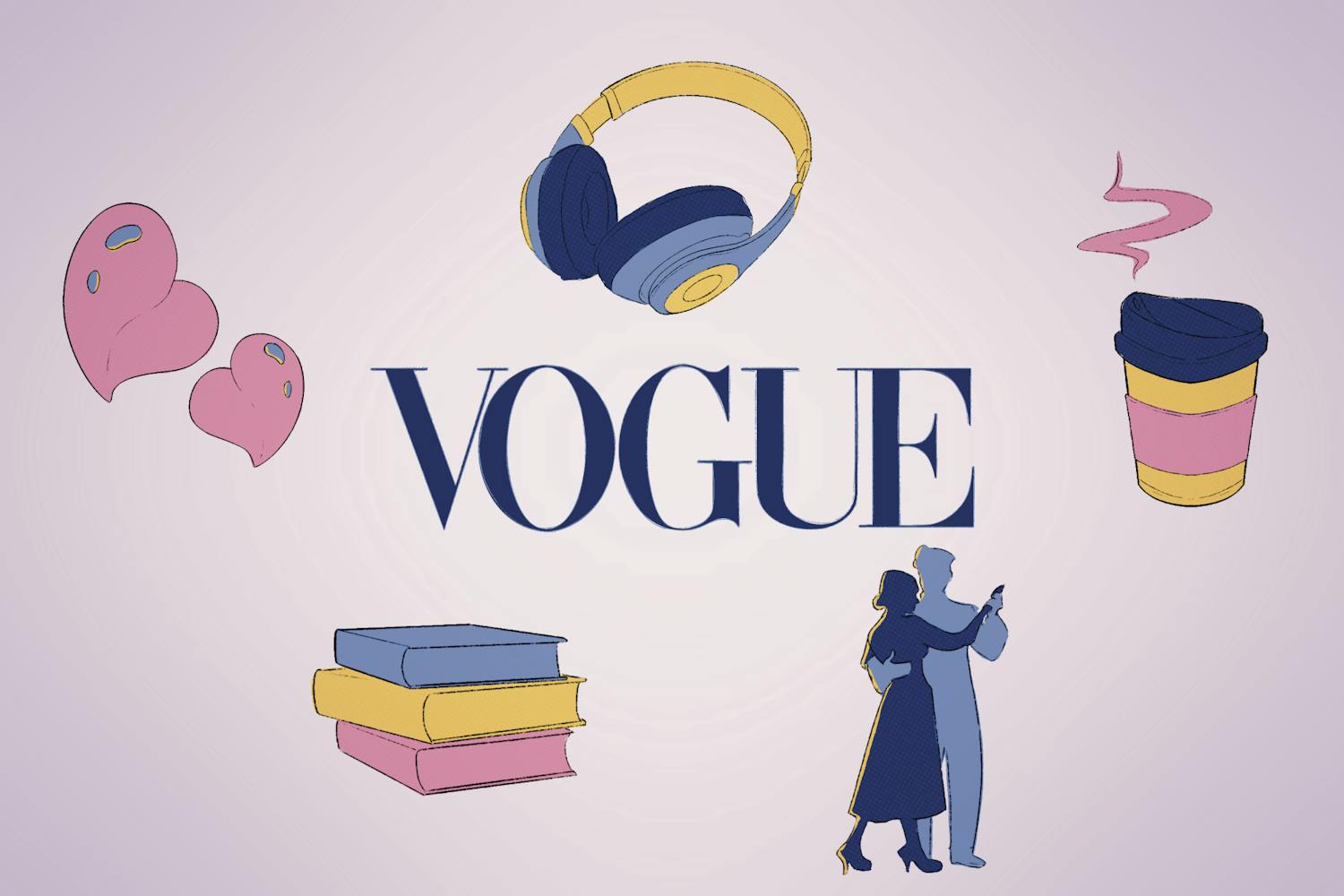At the end of Elizabeth McNeil’s last poetry reading, an audience member and friend expressed, “We need the poems, the words, that Elizabeth has given us here tonight.” McNeil’s grasp for the power of language as a poet, writer and professor is profoundly moving and touching. Her poetry has appeared in “Fourteen Hills,” “Flint Hills Review,” and “Flyway,” among other journals, and a monograph, “Trickster Discourse: Mediating Transformation for a New World,” was published this year.
From the emotion and sincerity in her pieces, it’s no wonder McNeil’s talent moves her audience to tears. Her presence in conversation and performance is haunting — it remains in the consciousness and can’t be forgotten.
The State Press: What are your poems about? Your own life, your past, the future?
Elizabeth McNeil: My current work has elements of autobiography and is occasionally largely autobiographical, but most of it is imagined. The “I” is extremely important, but I do not want to be a self-absorbed confessionalist. I have to add, though, that I think everyone’s writing is actually always about their personal being, though not necessarily their experiences. Their philosophy is in there some way or another, with some things more obviously autobiographically rooted. As far as my imagery and subjects, I find I’m most interested in the body and nature, and children, mothering. Another feature common in my work is that I sometimes use lines of dialogue — characters’ voices — which adds an aspect of “hearing” a piece.
SP: Do you feel that you address women’s concerns more overtly?
EM: I’m writing about being human from a woman’s perspective. So I’m certainly writing about women and relationships. I think that intelligent poetry — intelligent writing — ends up dealing with social justice, compassion. The poetry I’m most attracted to and moved by is more about offering understanding than critiquing. Poetry, for me, is a window into experience and feeling that resonates with the reader viscerally or emotionally, as well as intellectually.
SP: How would you describe your style at readings?
EM: I’m not a pretentious reader — at least I hope I’m not. No monotone. I use slight pauses to honor line break and stanza. I want to represent the sensitivity to the timing on the page. There’s emphasis on certain words and images, as would be natural in speech or relaying an emotion. I love the feeling of reading wholly with the body, embodying in solar plexus, heart, voice, the poem’s strength, to really communicate that to the audience. I like to leave silence — a reasonable pause — between pieces, too, to allow respectful space for the audience to be with the piece for a moment.
SP: Is the reading of your work affected by the audience?
EM: My writing is for all audiences. I would be horrified to think that my work or my intentions to communicate with people would be considered otherwise. I’d describe myself as a fourth-wave genderqueer ecofeminist, which promotes getting out of all the ridiculous binaries and categories that keep us separate from each other and from the earth. We’re all human beings, beautiful intelligent animals. I would never want there to be any delineation for my audience members. When one constructs a genuine figure — an image — in a poem which is profound, that ought to reach everyone, should transcend the subject matter. I want to be about creating an environment in the room in which love and understanding appear, a deep ease with self — peace, I guess.
SP: Who are your influences, poetic or otherwise?
EM: I couldn’t reduce it. There are so many beautiful, beautiful writers. You can read one poem, one image that changes you, that knocks you out. “Solar Storms” by Linda Hogan stands out for me at the moment. Hogan is Native American, a prolific essayist, fiction writer, and poet who’s really concerned with our relationship with the earth, animals, all of nature, each other. For the last several years or so, I’ve been most attracted to folks who have a lyrical fictional voice — Lois-Ann Yamanaka, Louise Erdrich, Hogan, David Ebershoff, Susan Griffin, many others — as well as poets like Mary Oliver, whose nature imagery gets at the most fundamental ways we relate and love. Very powerful stuff that I find life-changing, transformative, as a reader. I find I’m naturally more drawn to female writers, how they tell stories, their concern for women, children, relationships. There’s a warmth that I associate with women, but I’ve read plenty of great pieces by men. As a teacher, I want to offer texts by women and so-called ethnic American writers because students might never come across those works on their own. Students come into my literature courses to get just that, based on what they tell me the first day, so I want to give them works that will widen their horizons, help them find new ways to see the world, new ways to see themselves, their own lives.
SP: What is ecofeminism?
EM: The idea that the oppression and exploitation of women and the earth are interconnected. It’s a way to see the world and think about the world — to care about children and their intelligence, to care about the intrinsic value and intelligences of all life and matter. To understand that life works together as this one big incredible interconnected system.
SP: Is there anything you’d like to add?
EM: Poetry has to be honest — genuine. You take someone and shake them with a powerful image, to help them get better, to heal, to love.
Reach the reporter at mgrichar@asu.edu



